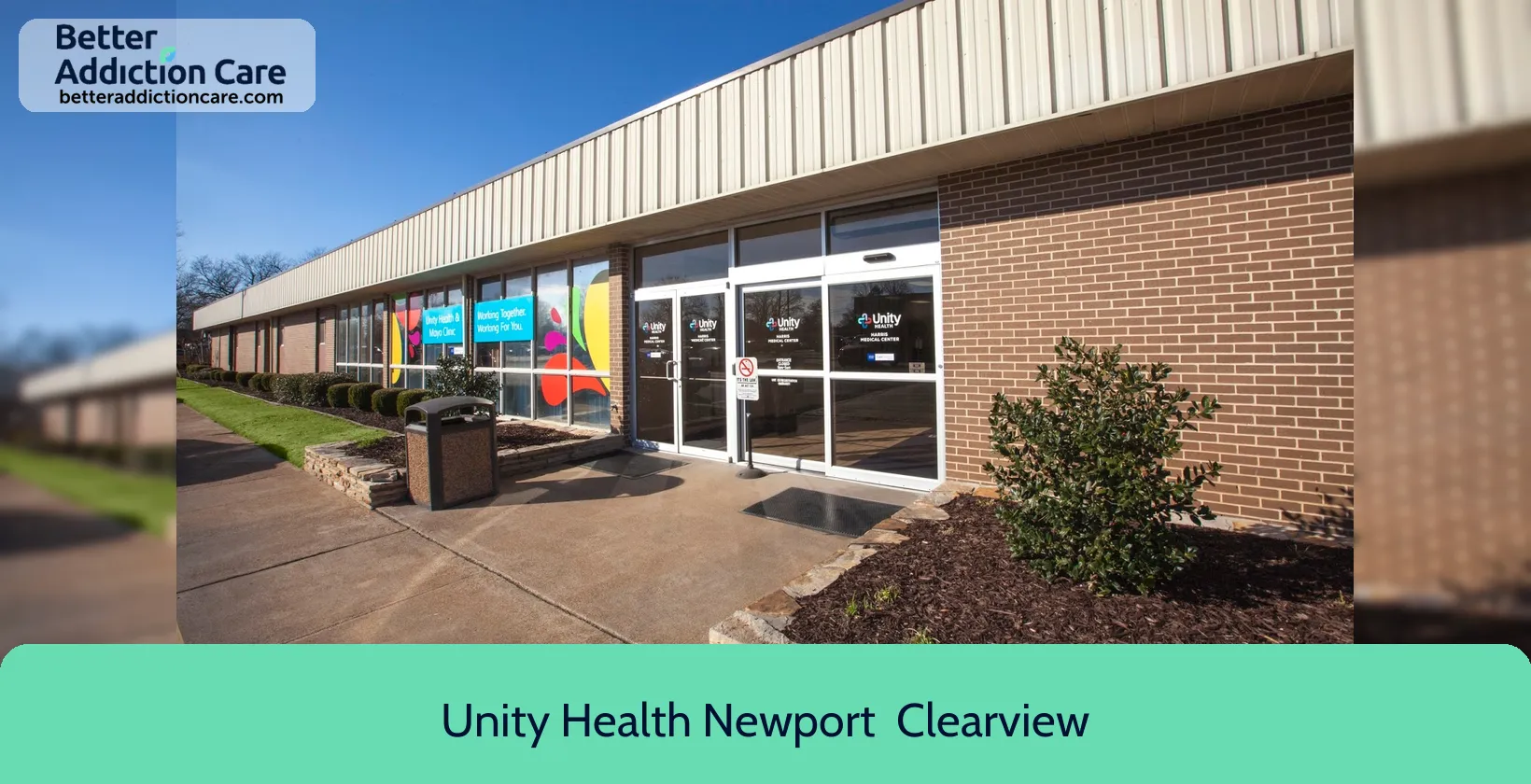
Overview
Birch Tree Communities is a mental health treatment center for people seeking treatment near Jackson County. As part of their treatment modalities for recovery, Birch Tree Communities provides couples/family therapy, group counseling, and cognitive behavioral therapy during treatment. Birch Tree Communities is located in Newport, Arkansas, accepting cash or self-payment for treatment.
Birch Tree Communities at a Glance
Payment Options
- Cash or self-payment
- Medicaid
- Medicare
- State-financed health insurance plan other than Medicaid
- Private health insurance
Assessments
- Screening for tobacco use
- Comprehensive mental health assessment
Age Groups
- Young adults
- Adults
- Seniors
Ancillary Services
- Case management service
- Court-ordered outpatient treatment
- Diet and exercise counseling
- Family psychoeducation
- Illness management and recovery
Highlights About Birch Tree Communities
6.71/10
With an overall rating of 6.71/10, this facility has following balanced range of services. Alcohol Rehabilitation: 8.00/10, Drug Rehab and Detox: 6.00/10, Insurance and Payments: 6.00/10, Treatment Options: 6.85/10.-
Alcohol Rehabilitation 8.00
-
Treatment Options 6.85
-
Drug Rehab and Detox 6.00
-
Insurance and Payments 6.00
Treatment At Birch Tree Communities
Treatment Conditions
- Mental health treatment
Care Levels
- Hospital inpatient treatment
- Partial Hospitalization Program
- Outpatient
Treatment Modalities
- Couples/family therapy
- Group counseling
- Cognitive behavioral therapy
- Dialectical behavior therapy
- Activity therapy
Ancillary Services
Additional Services
- Pharmacotherapies administered during treatment
- Mentoring/peer support
- TB screening
Special Programs
- Criminal justice (other than DUI/DWI)/Forensic clients
- Persons 18 and older with serious mental illness (SMI)
Get Help Now
Common Questions About Birch Tree Communities
Contact Information
Other Facilities in Newport

6.68

6.77
DISCLAIMER: The facility name, logo and brand are the property and registered trademarks of Unity Health Newport - Clearview, and are being used for identification and informational purposes only. Use of these names, logos and brands shall not imply endorsement. BetterAddictionCare.com is not affiliated with or sponsored by Unity Health Newport - Clearview.
